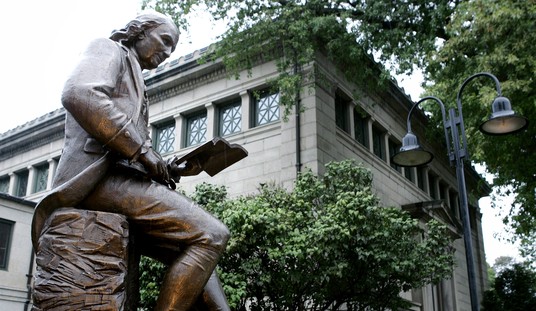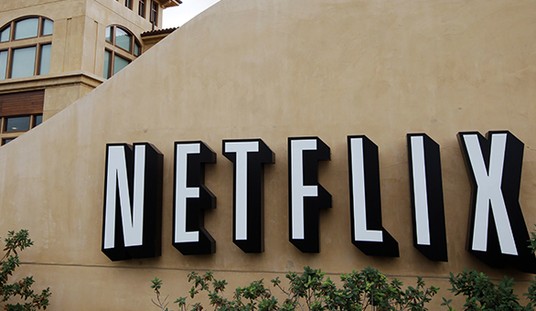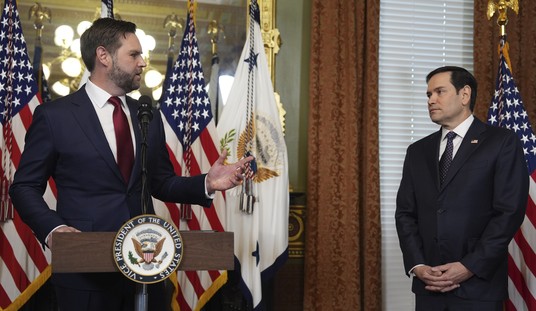California already has one of the highest tax burdens and worst business tax climates in the country, but hey, why not think up a few more convoluted ways the state can take still more money out of the private sector and put it toward the government’s disposal instead? Because that is always the perfect recipe for encouraging economic growth, don’t you know:
A California official is bringing new life to the argument that the Internet — including emails — is an untapped revenue resource that should be taxed to help local economies.
Berkeley City Councilman Gordon Wozniak brought up taxing emails during a recent council meeting. He suggested the money collected, which would be part of a wider-reaching Internet tax, could be used in Berkeley’s case to save the local post office.
“There should be something like a bit tax,” he said during the March 5 meeting. “I mean, a bit tax could be a cent per gigabit and they would make, probably, billions of dollars a year.”
Plus, he said, there should be a “very tiny tax on email.”
This idea goes beyond already-controversial proposals to tax e-commerce — like buying used books on Amazon. This would be a tax on data.
“Taxed to help local economies”? Please. More taxes are exactly what won’t help local economies, and this is just a fancy proposal for slapping a stealth tax on everyone and anyone who uses the Internet. Why bother be so complicated about the attempt to bring in still more revenue for the government’s use and go through the bureaucratic trouble of figuring out how to levy that tax? Why not just say you want to raise existing taxes some more and avoid the practical hassle? Would that just be too politically straightforward for the progressive denizens or what?
It’s just one state legislator’s proposal, and thanks to the 1998 Internet Tax Freedom Act (which expires this year, but Sens. Ayotte and Heller have already proposed legislation to extend it indefinitely), it’s not likely to happen, but good grief. This is exactly the opposite of what states like Louisiana and Nebraska are trying to do to streamline their own tax codes and make them more efficient, competitive, and business-friendly, and it is a terrible idea.








Join the conversation as a VIP Member